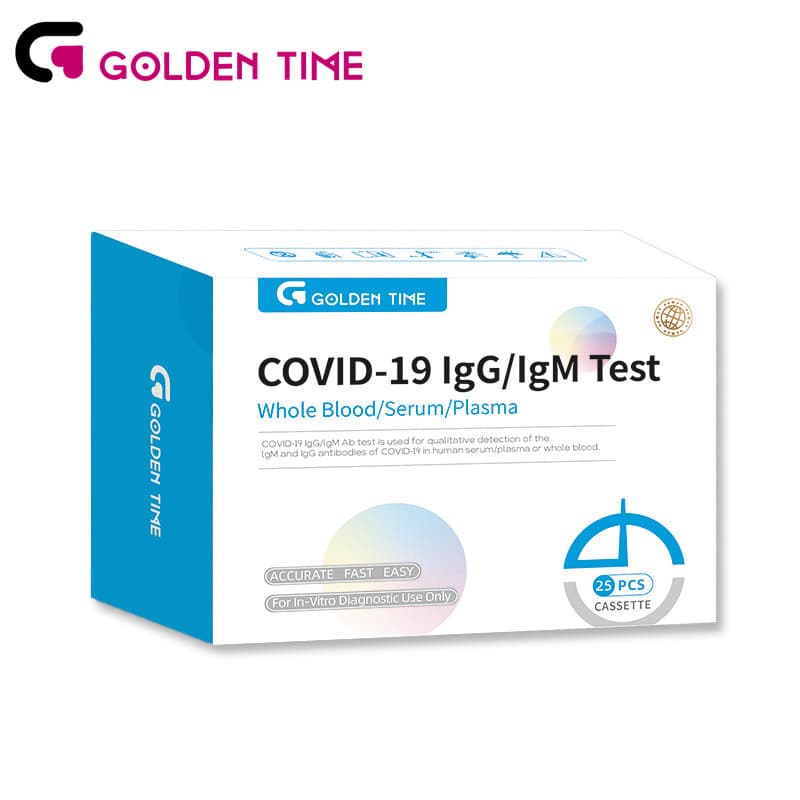Nov . 13, 2024 18:36 Back to list
buy malaria test suppliers
Understanding the Importance of High-Quality Malaria Test Suppliers
Malaria remains a significant global health challenge, particularly in tropical and subtropical regions. Despite considerable progress in controlling the disease, accurate and timely diagnosis remains crucial for effective treatment and disease management. One of the vital components in the fight against malaria is the availability of reliable malaria test kits, which makes the role of suppliers incredibly important.
The Need for Accurate Malaria Testing
Malaria is caused by the Plasmodium parasite, which is transmitted through the bites of infected Anopheles mosquitoes. Symptoms can range from mild to severe, and without prompt diagnosis and treatment, malaria can lead to serious complications or even death. Traditional diagnostic methods have been complemented by rapid diagnostic tests (RDTs) that allow for quick and easy detection of the parasite. This is particularly valuable in remote or resource-limited areas where laboratory facilities may not be accessible.
Given the critical role of testing in controlling malaria transmission, healthcare providers, governments, and organizations must prioritize sourcing their test kits from reliable suppliers. High-quality malaria tests not only ensure accurate diagnosis but also help in monitoring malaria prevalence effectively. Inaccurate testing can lead to misdiagnosis, inappropriate treatments, and an increased risk of disease transmission.
Benefits of Sourcing from Reputable Suppliers
When looking to buy malaria tests, it is essential to consider suppliers that offer quality products. Here are some reasons to choose reputable suppliers
1. Quality Assurance Established suppliers often adhere to stringent quality control measures and international standards. They provide tests that have been validated for accuracy, sensitivity, and specificity, ensuring that healthcare professionals can trust the results.
2. Regulatory Compliance Reliable suppliers ensure that their products comply with regulatory requirements set forth by health organizations and governments. This includes certifications from entities like the World Health Organization (WHO) and regulatory bodies in the supplier’s home country.
buy malaria test suppliers

3. Product Variety Reputable suppliers offer a range of malaria test kits, including both RDTs and more sophisticated laboratory tests. This variety allows healthcare providers to choose the appropriate testing method based on their specific needs and capabilities.
4. Technical Support and Training Leading suppliers often provide technical support and training to healthcare personnel, ensuring that they are equipped to use the tests correctly. This support helps to improve testing practices and ensures timely and accurate results.
5. Supply Chain Reliability A dependable supplier can guarantee the uninterrupted availability of test kits, which is crucial during peaks in malaria transmission or outbreaks. Timely delivery of these kits can be the difference between effective disease control and an outbreak.
Finding the Right Supplier
To identify trustworthy malaria test suppliers, healthcare organizations should consider several steps. Researching supplier credentials, reading reviews from other healthcare providers, and seeking recommendations from health authorities can provide valuable insights. Additionally, attending health conferences or trade shows can facilitate connections with suppliers willing to meet specific needs.
Investing in high-quality malaria test kits from reputable suppliers is a critical step towards improving malaria diagnosis and treatment. By ensuring that healthcare providers have access to reliable testing, we can help reduce the burden of malaria, resulting in healthier communities and more effective public health responses.
Conclusion
In summary, the fight against malaria depends heavily on accurate testing and the quality of diagnostic tools available. By choosing to buy from reputable malaria test suppliers, healthcare organizations can significantly improve their diagnostic capabilities, leading to more effective treatment and ultimately, a reduction in malaria cases worldwide. As efforts to eliminate malaria continue, the role of quality suppliers becomes ever more paramount in achieving these public health goals.
-
Reliable Early Pregnancy Test Kit Supplier - Multi Plastic Cassette Options
NewsJul.30,2025
-
Transferrin Rapid Test Cassette – Reliable Tumor Marker Detection
NewsJul.29,2025
-
Accurate Follicle Stimulating Hormone Test Kit | Rapid Reliable Results
NewsJul.29,2025
-
High Accuracy LH Ovulation Test Kit - Digital Results & Wholesale Options
NewsJul.29,2025
-
HbsAg Blood Rapid Test Kit for Fast & Accurate Hepatitis B Detection
NewsJul.28,2025
-
Sterile Urine Cup for Safe & Easy Collection | High-Quality Specimen Cups
NewsJul.28,2025

